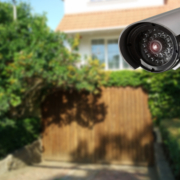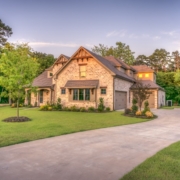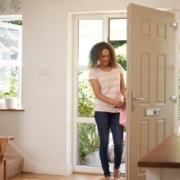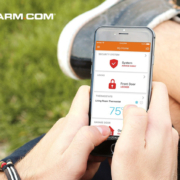4 Trends in Smart Security You Need at Home Right Now
Elevate your home with the latest technology for your home security system!
Home security is one of the most significant concerns for luxury homeowners. Luckily, for those who are continuously searching for ways to turn their living spaces into sanctuaries of peace and tranquility, the rapidly advancing innovations in technology allow us to incorporate new features into your home security system that will completely transform the way you safeguard your property.
Keep reading this blog to discover four unique technologies that will help you create safer spaces for your family in Rhinebeck, NY.






